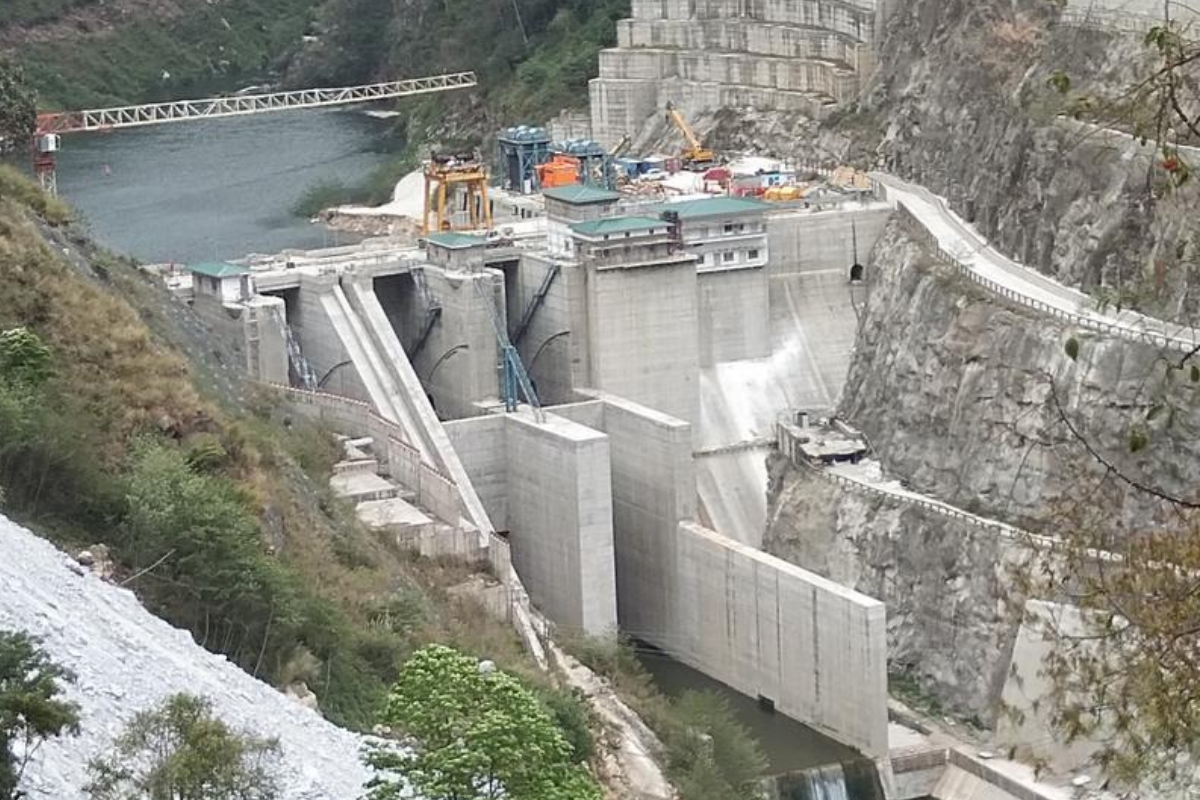

While the South Asian region is endowed with abundant natural resources and a large potential to harness renewable energy mainly from hydropower, there is a need to develop innovative mechanisms and market norms through a regional grid to ensure energy security.

Energy needs in the South Asian region, which is home to about 21 per cent of the global population, are largely dependent on fossil fuels, exposing the region to the risk of climate change and probing the question of energy security.
While the region is endowed with abundant natural resources and a large potential to harness renewable energy mainly from hydropower, there is a need to develop innovative mechanisms and market norms through a regional grid to ensure energy security.
The need for integration becomes even more pressing in the wake of rapid economic, infrastructural and industrial development that is taking place in the region, doubling the energy demand in the next decade. Most countries are already heavily dependent on the import of energy while at the same time there is a push toward cleaner, renewable sources of energy.
To cope with the increasing energy demand in future in a sustainable manner, there is an urgent need to explore opportunities for energy cooperation across borders.
This will be the core agenda for the Regional South Asia Think Tank Forum Conference, which will take place in New Delhi on September 14. The South Asia Think Tank Forum (TTF) for regional energy cooperation was founded under USAID’s South Asia Regional Initiative for Energy Integration (SARI/EI) program in 2016 as an outreach and dissemination forum.
According to a study conducted by Consumer Utility Trust Society (CUTS), another think tank based in New Delhi, untapped hydropower potential in Bhutan and Nepal taken together is about 113GW. “If the potential is exploited effectively then the BBIN sub-region can become the largest provider of hydropower to the countries adjoining the sub-region,” it stated.
For the tiny Himalayan Kingdom of Bhutan cross border electricity trade has been incited by the government of India’s grant and loans extended to build hydropower plants. This is further ensured by the power purchase agreement, which guarantees the energy market in India for the surplus energy Bhutan generates. Bhutan, with an installed capacity of about 2300MW, exports over 70 per cent of its clean hydroelectricity to India and imports a trivial amount during lean winter months.
However, geological surprises and cost escalation incurred for the ongoing two mega projects have resulted in the two governments slowing down their activities, jeopardizing Bhutan’s ambition of achieving 10,000MW by 2020.
In the meantime, domestic demand in Bhutan has been growing and it is projected to increase almost four fold (from 2,400 million units or GWhr in 2021 to about 7,500 million units in 2025), according to Bhutan Power Corporation, the Bhutanese state-run power distribution and transmission company. This is attributed to the special economic zones and industrial parks that are being built along the Indian border. With no further addition in supply, regional grid connectivity is one of the alternatives to ensure energy security.
Ensuring energy security in the region was also the main focus of discussion during the third BIMSTEC Ministers’ meeting on energy that was held on 20 April this year.
However, due to the lack of proper institutional mechanisms and pricing norms cross border electricity trade could not take off as envisioned. Political will among the nations and harmonization of policies and regulations across borders are identified as impeding factors.
While the cross-border electricity trade in the South Asian region has brought in a sense of shared benefits, it is estimated that India alone can reduce the construction of 35,000 MW of coal-fired power plants, reducing 6.5 per cent of CO2 emissions during the 2015-2040 period.
In what can be called a milestone in regional energy cooperation, a trilateral mode of building a 1,125MW Dorjilung hydroelectric project in Bhutan is being explored between Bangladesh, Bhutan and India.
In the last National Assembly session in December, Bhutan’s Prime Minister Dr Lotay Tshering shared that a second detailed project report on the project is undertaken to understand the new situation and techno-economic feasibility.
Experts from the energy sector view the success of this project as a stepping stone to boost cross-border electricity trade through a well-functioning institutional setup and integrated regional grid in the region.